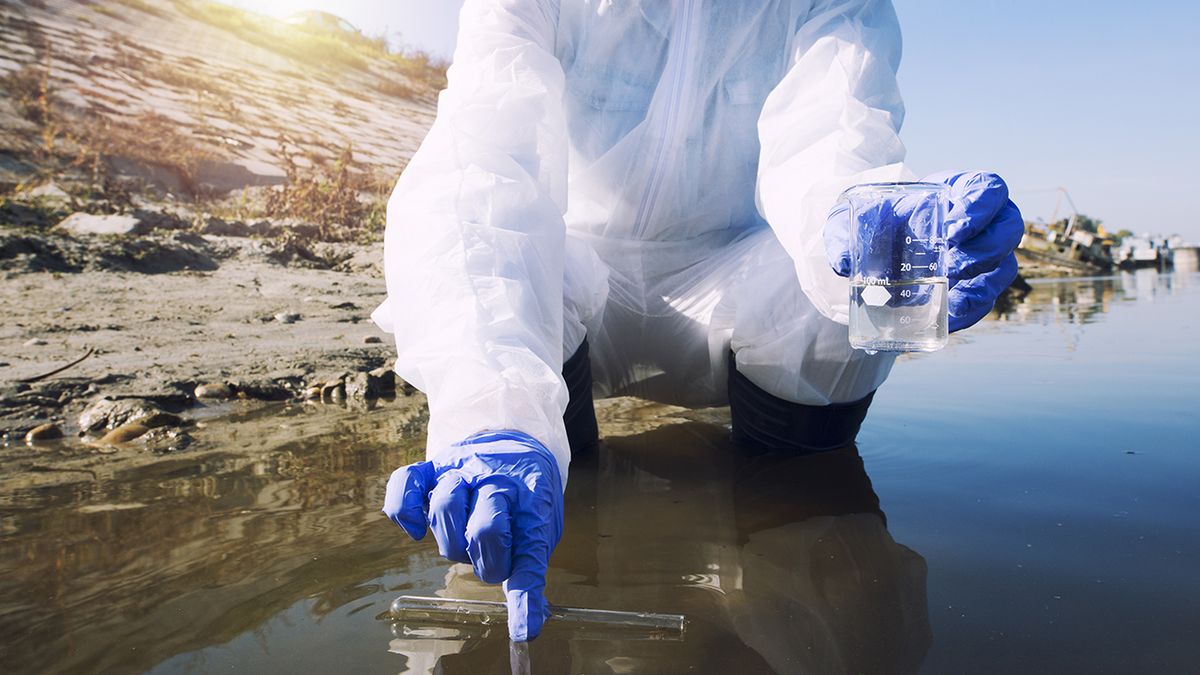The minister of Public Health (MSP), Karina Randoreported at a press conference that there will be no changes in the quality of OSE’s water service for the next few daysand held that the recent rains have allowed to “stretch” the resources for at least a week or more.
The doctor affirmed in a press conference that the conditions are given to maintain the current characteristics of sodium, conductivity and chlorides, for which reason the recommendations by the MSP continue to be the same than those exhorted a few weeks ago.
“In case there is any change in the quality of the water, it will be notified in advance” and the recommendations that are made in terms of consumption based on the academic criteria of the honorary advisory group of professors who are following the situation will be informed.
Rando insisted that although the precipitations in the last few hours were scarce, they contributed to giving relief to the authorities and OSE in the complicated scenario. “The reserves of Paso Severino did not decrease as it happened day by daybut they increased 5 centimeters yesterday,” Rando said, according to what the president of OSE informed him, Raul Montero.
The latest rains gave freshwater reserves a breather
The rainy of the last two days brought some relief in the midst of the water crisis that affects, mainly, Montevideo and its metropolitan area, although they are not enough to normalize the situation of water emergency living half the population.
According to him Uruguayan Institute of Meteorology (Inumet)in the last hours in the Santa Lucía river basin the average rainfall was 11.3 millimeterslevels similar to those that were also registered on Tuesday night.
In this regard, the director of Inumet Meteorological Services, Natali Bentancor, explained that in this area “and in the Paso Severino dam, which is where it is most needed, we are having values ranging from 20 to 28 millimeters in that specific area“.
“In the month we would need it to rain from 80 to 90 millimeterswhich is the meteorological statistics, or how much it should rain at this time of year, also taking into account that the winter season is when it rains the least, contrary to what is thought”.
Source: Ambito




